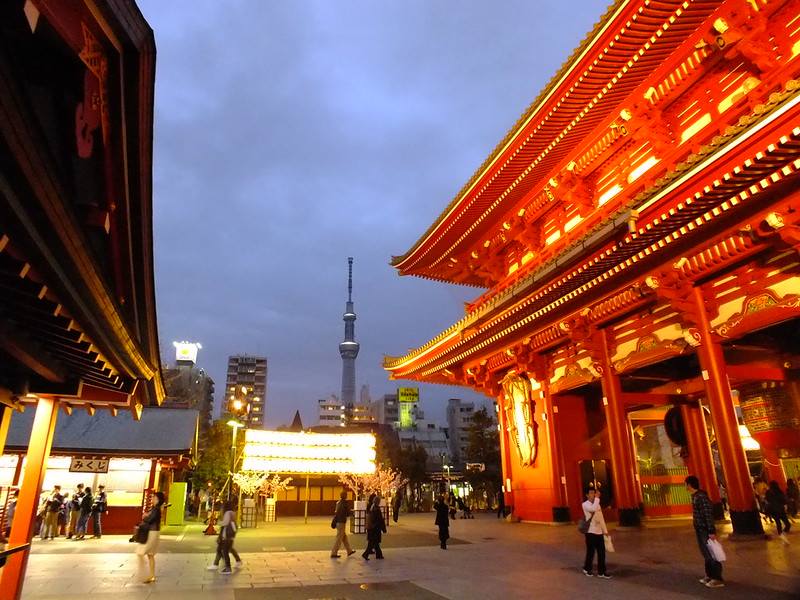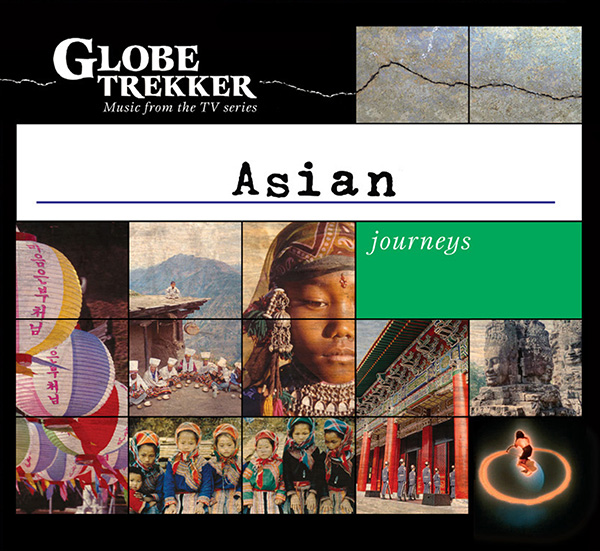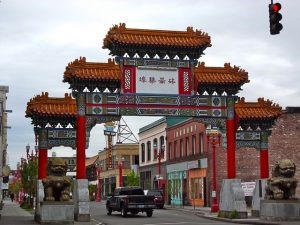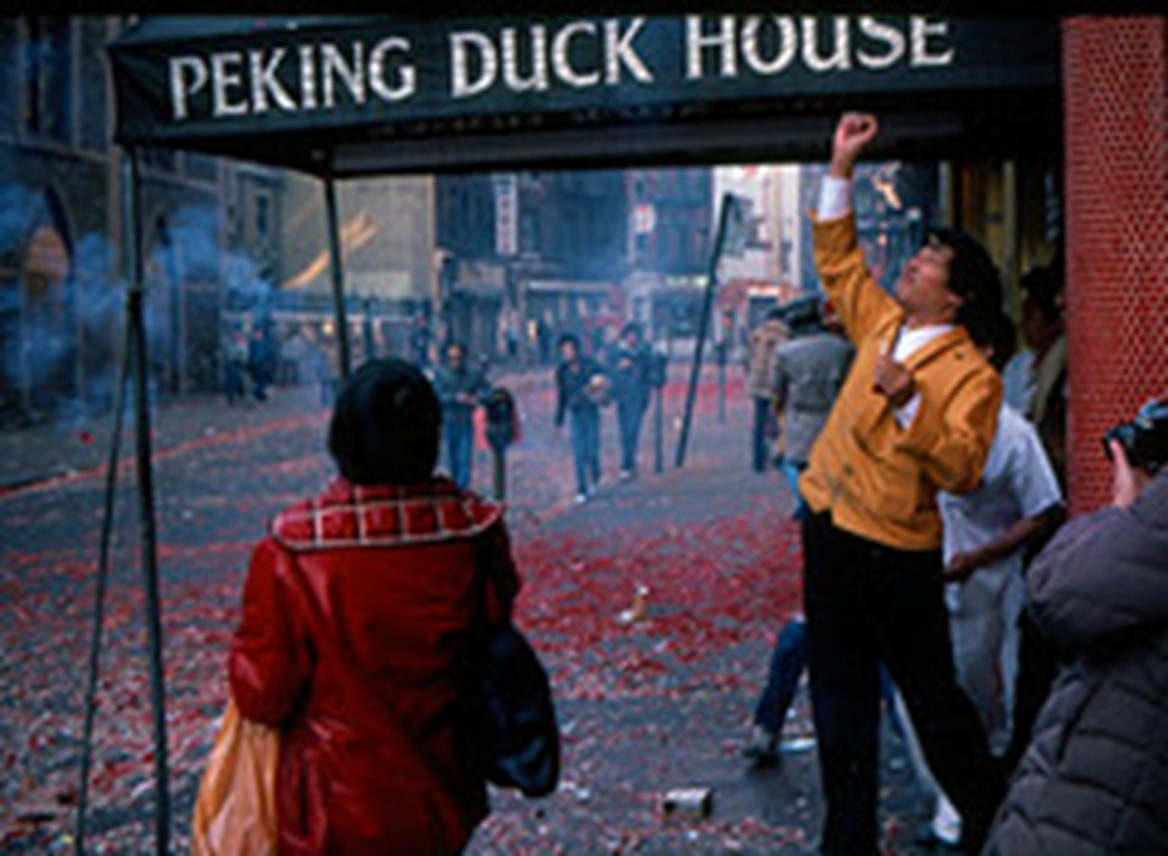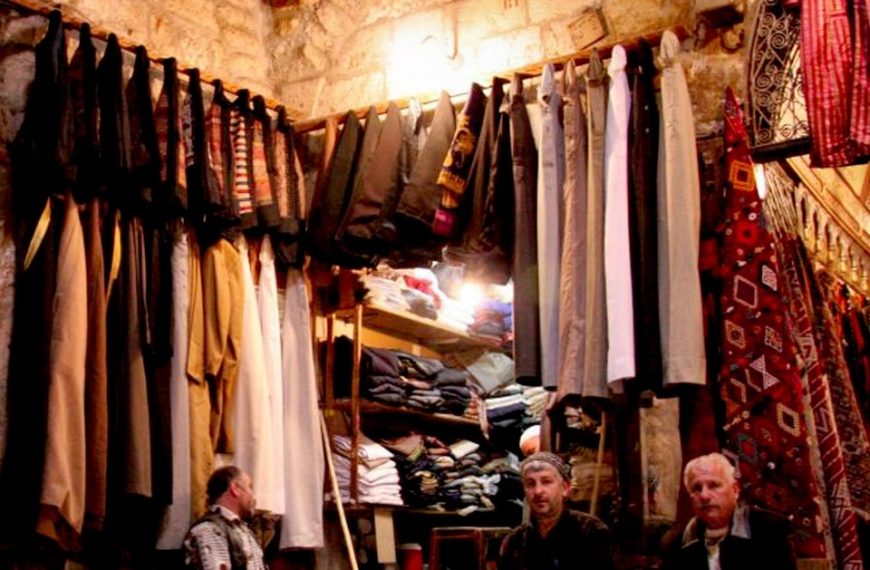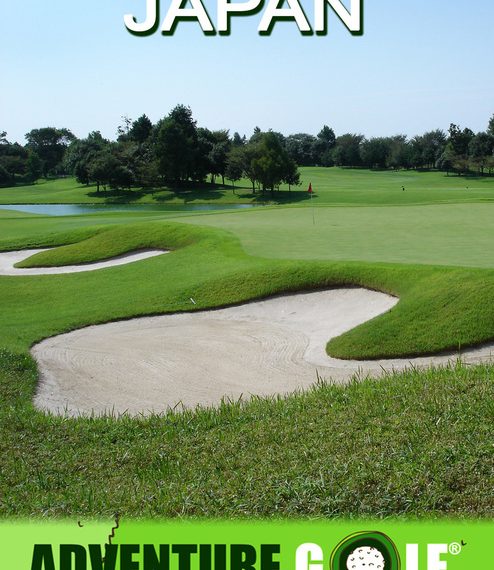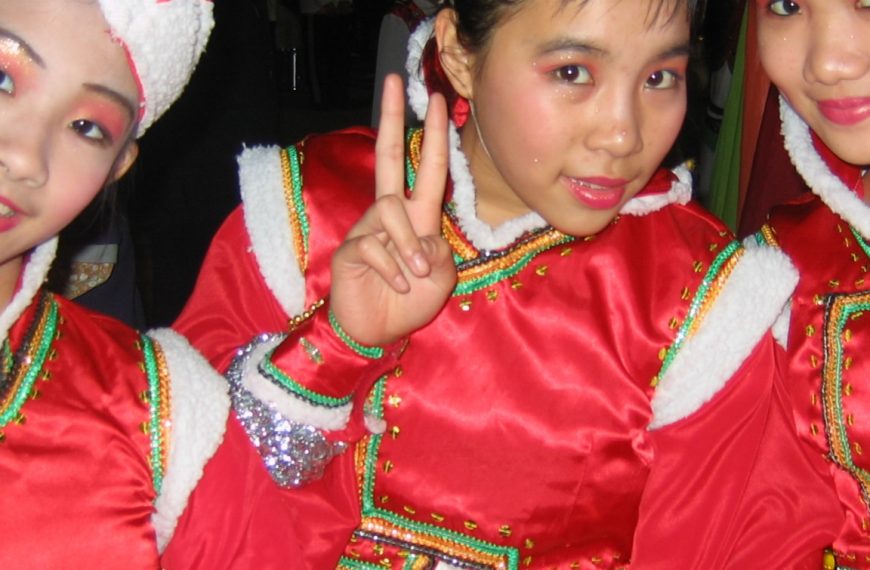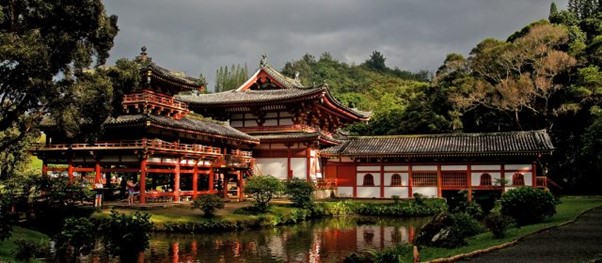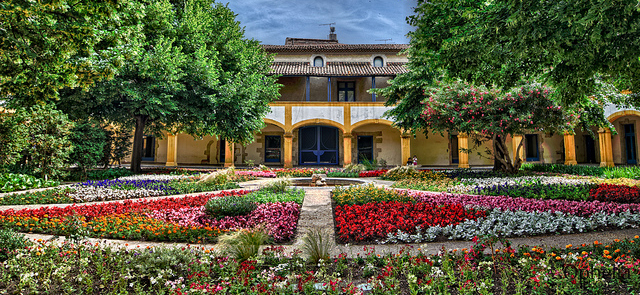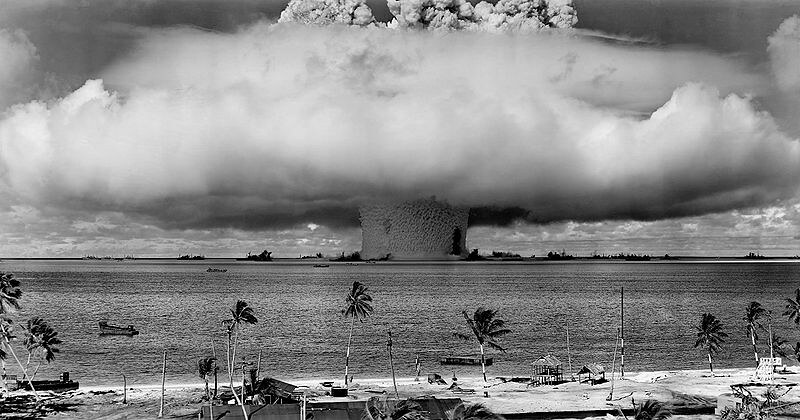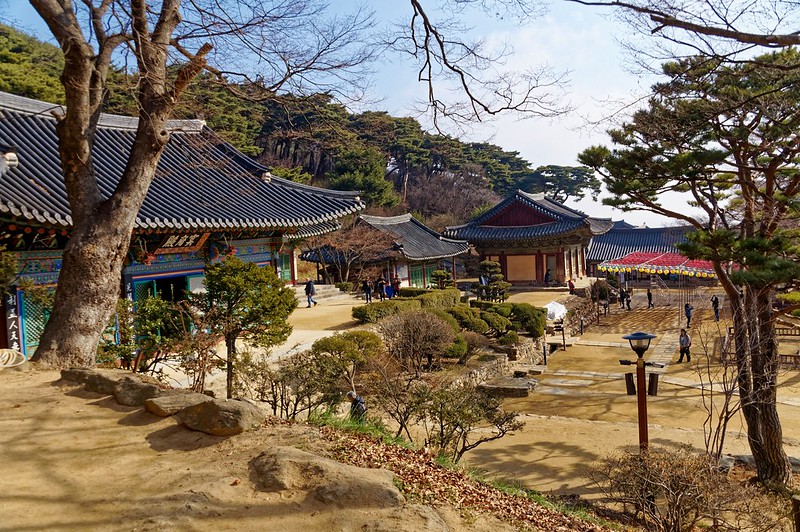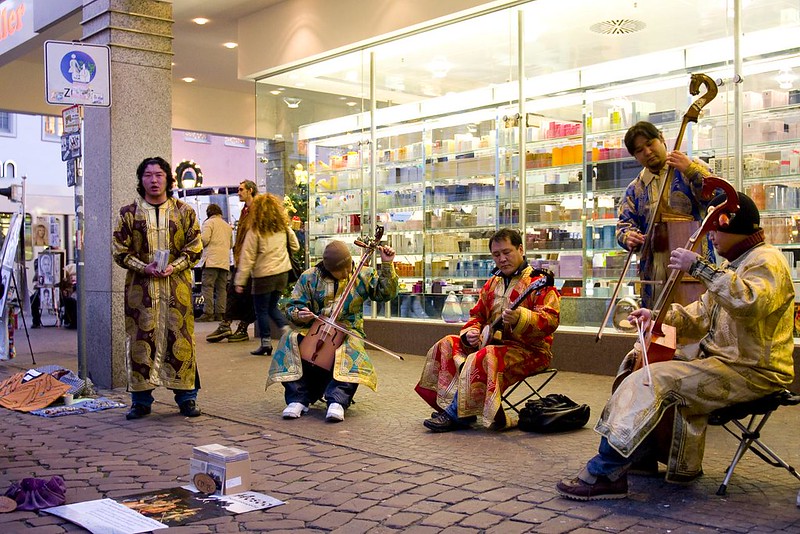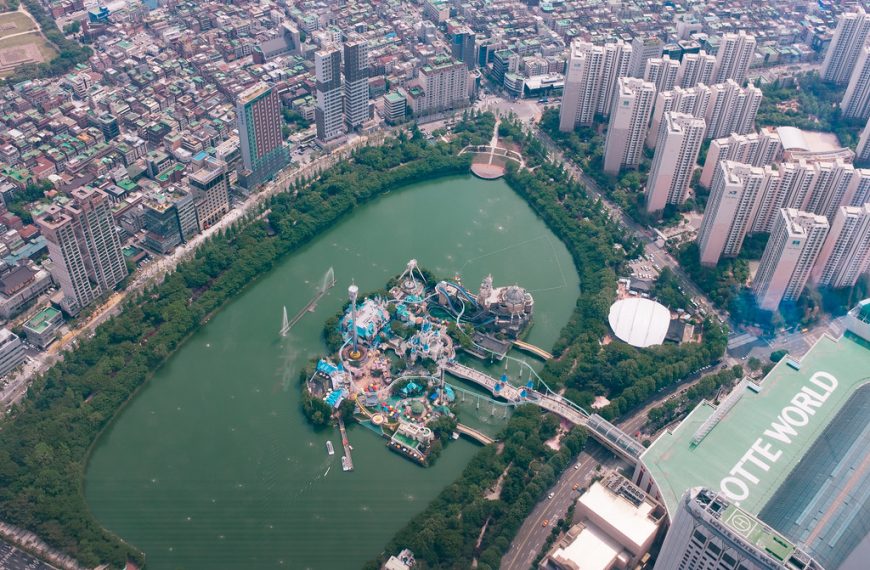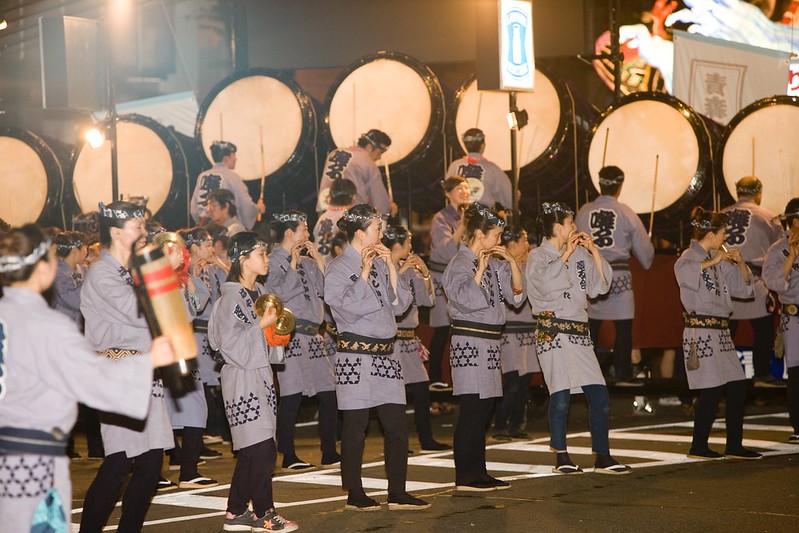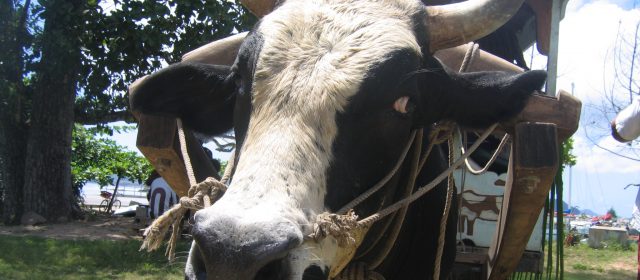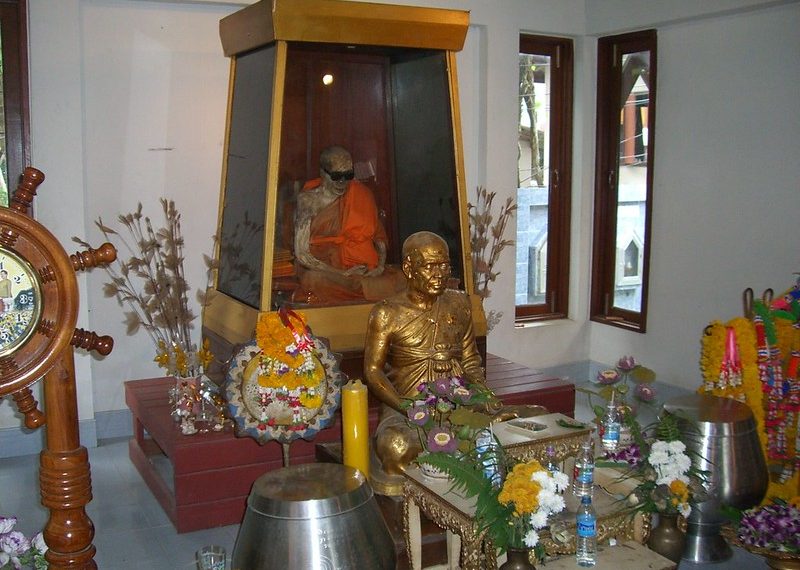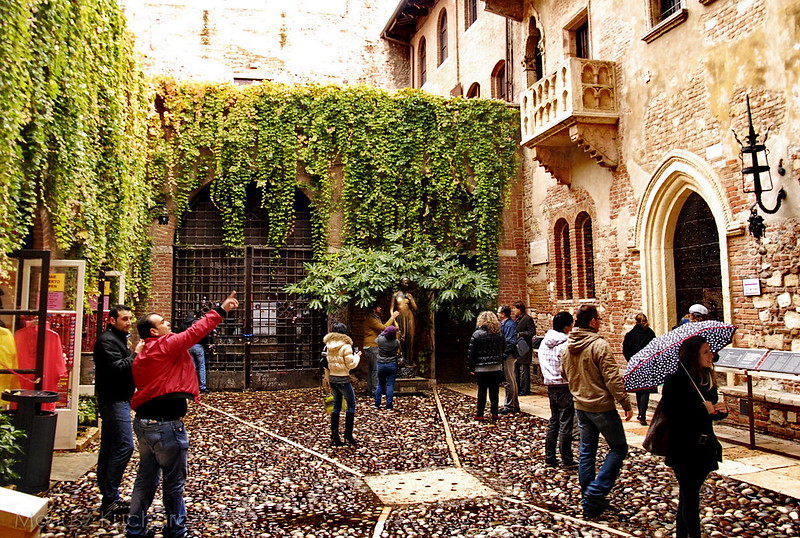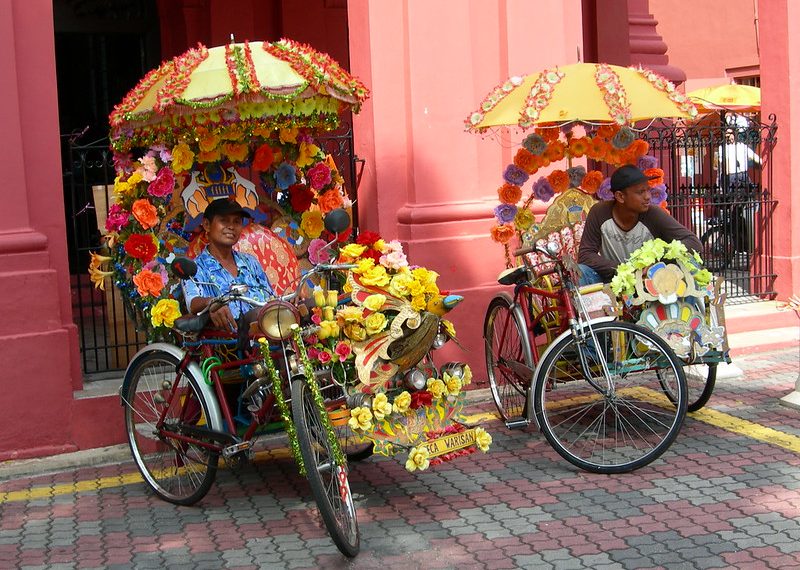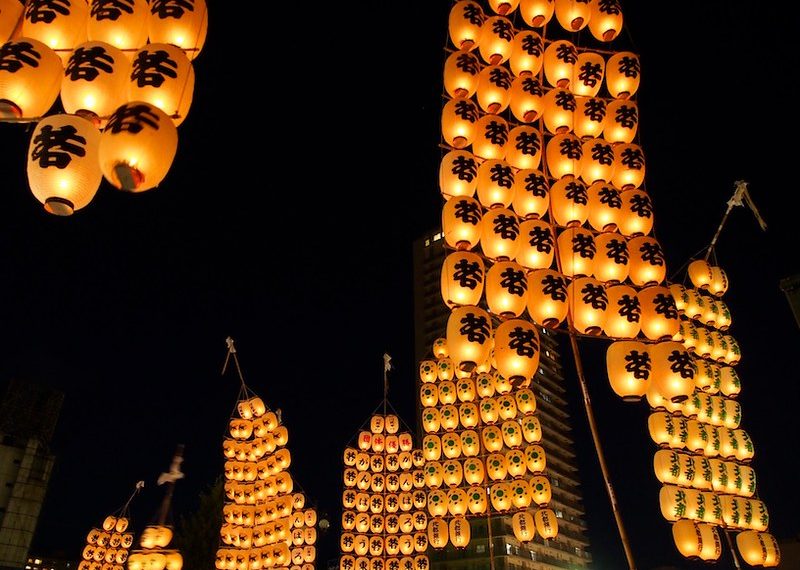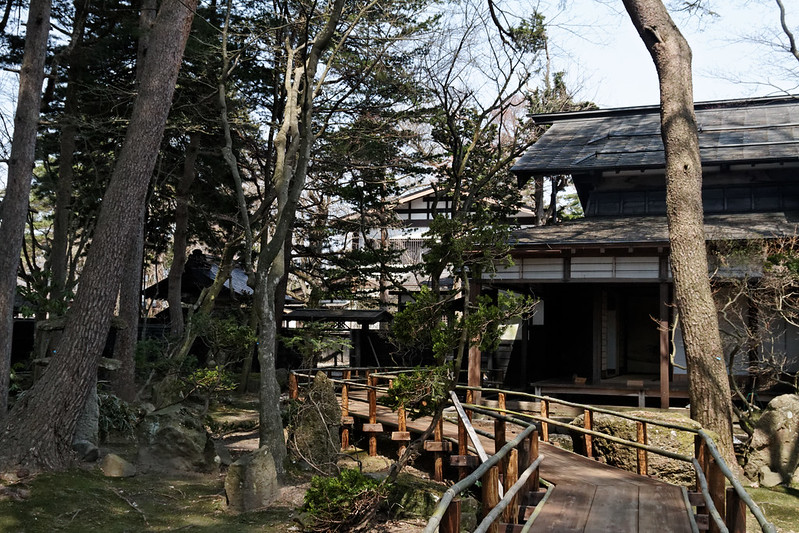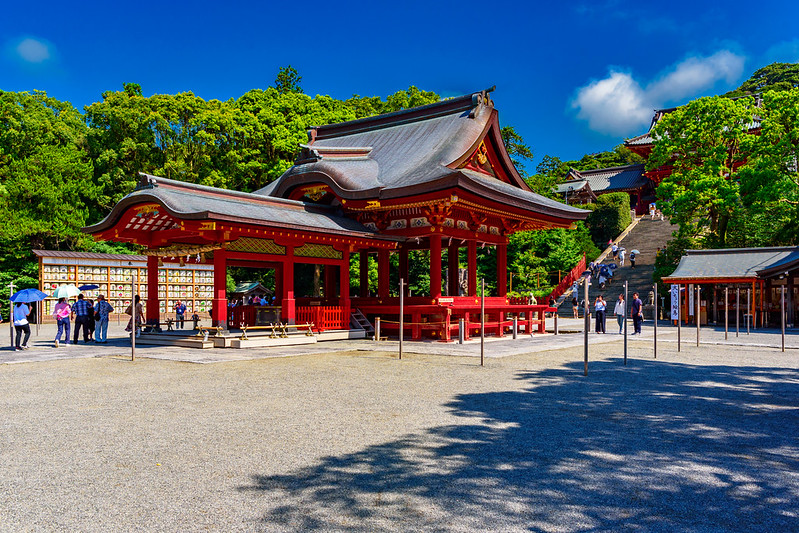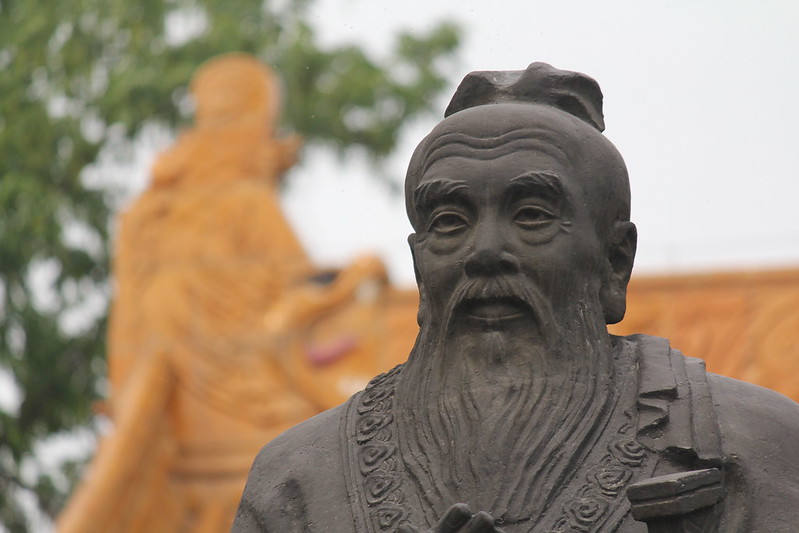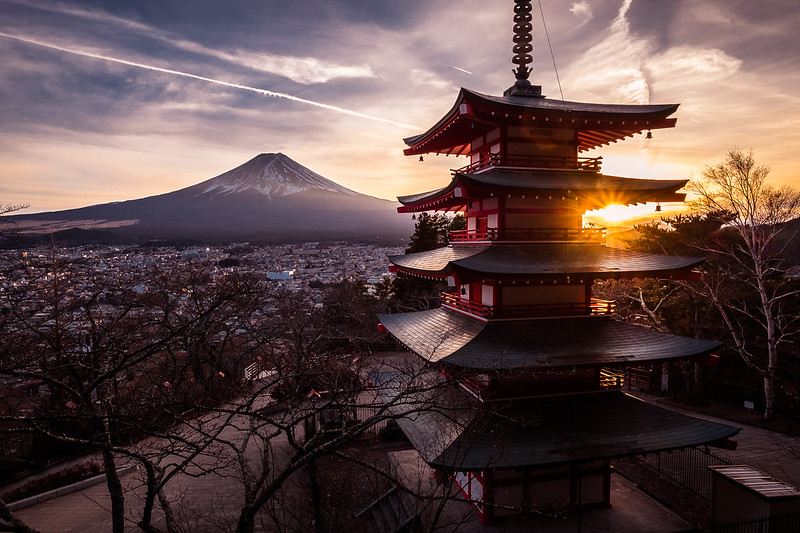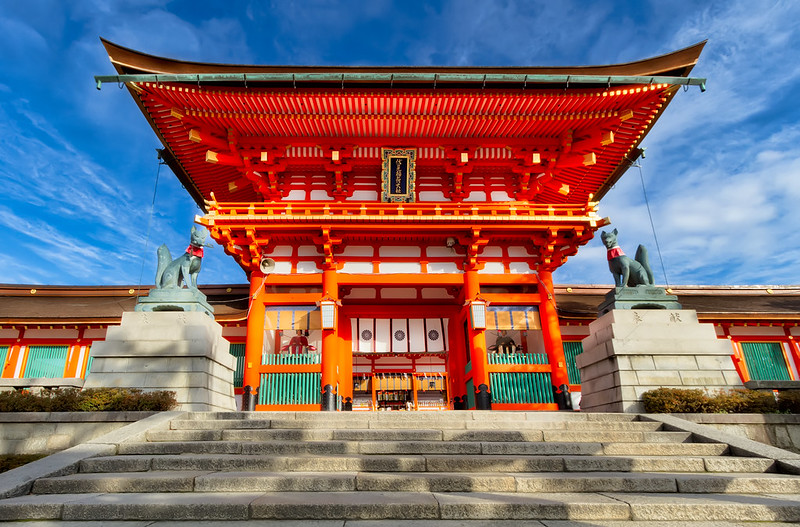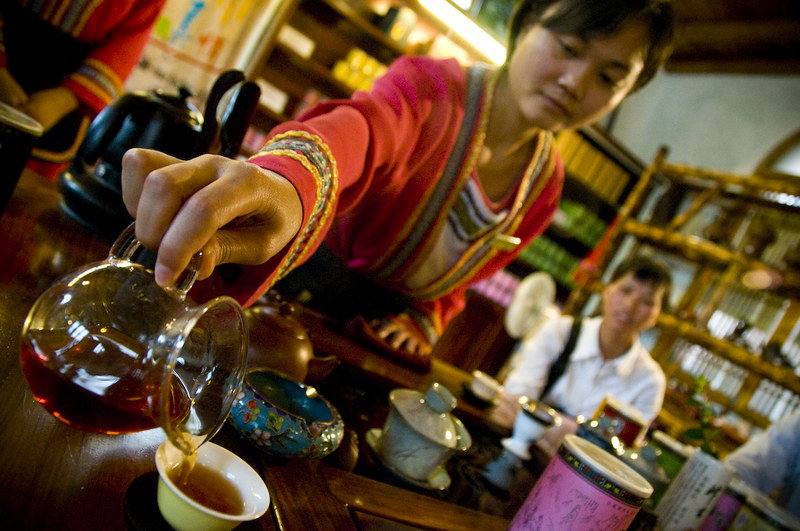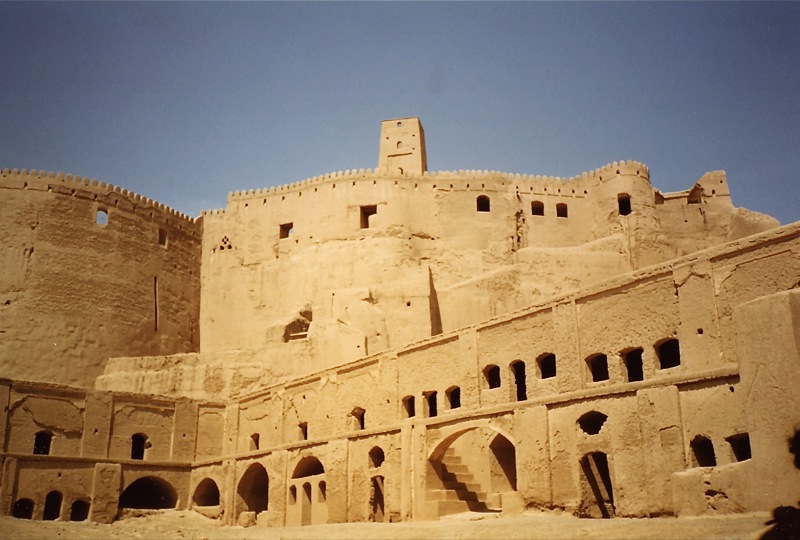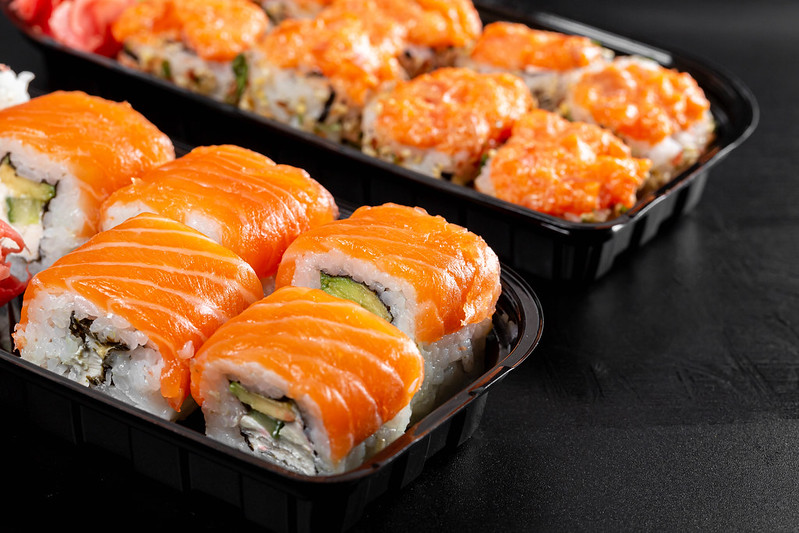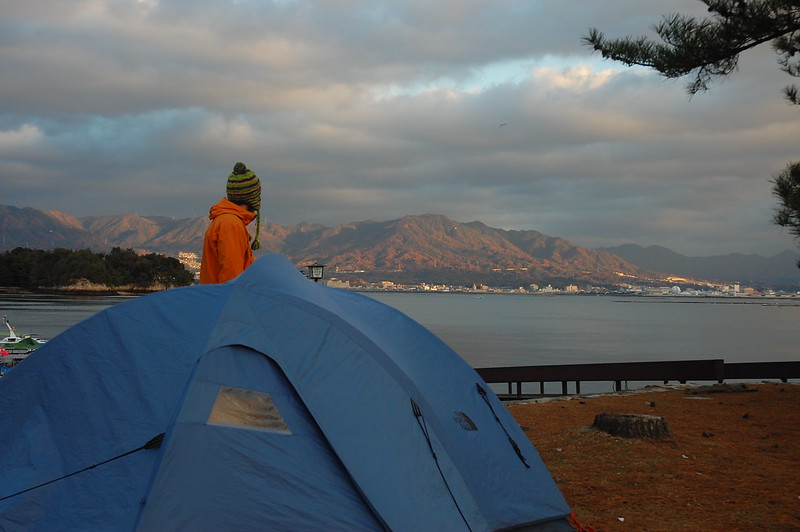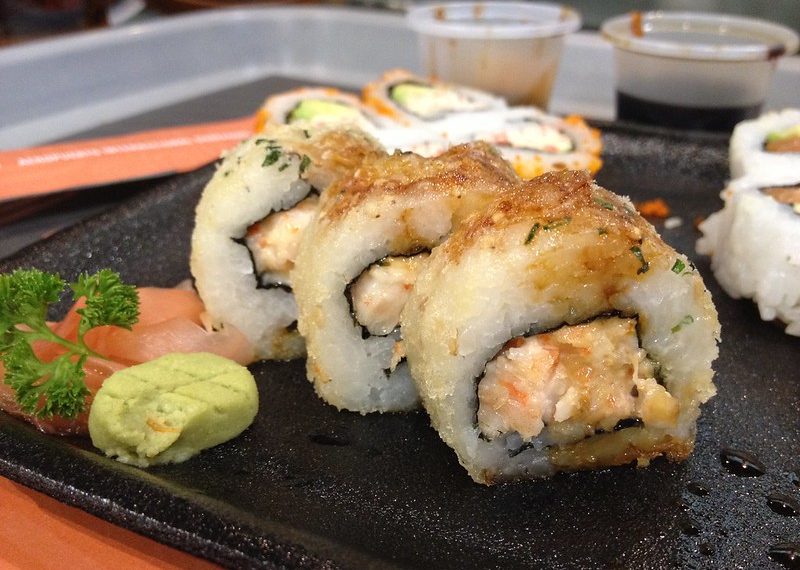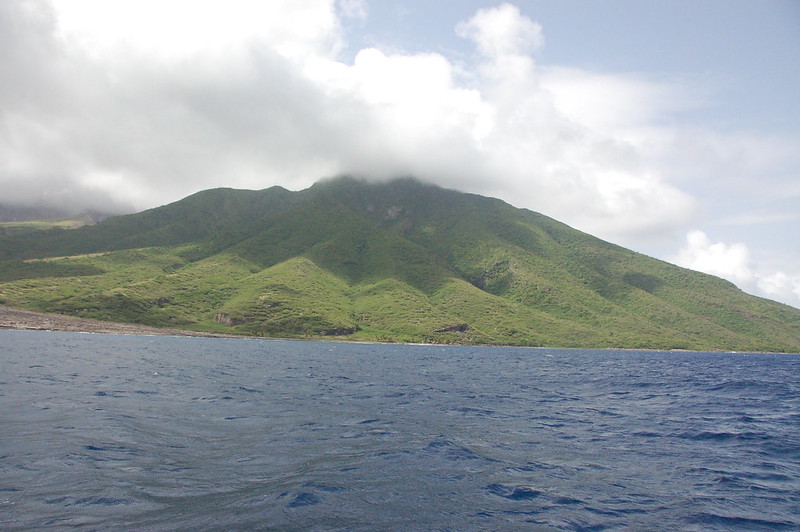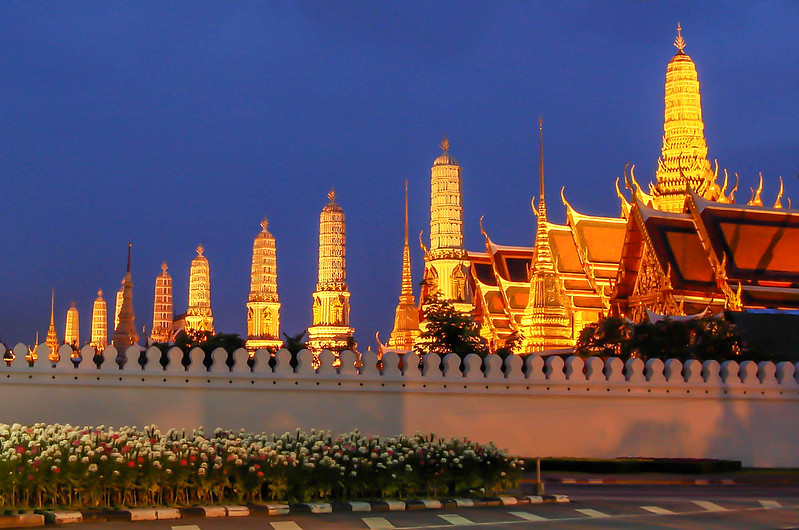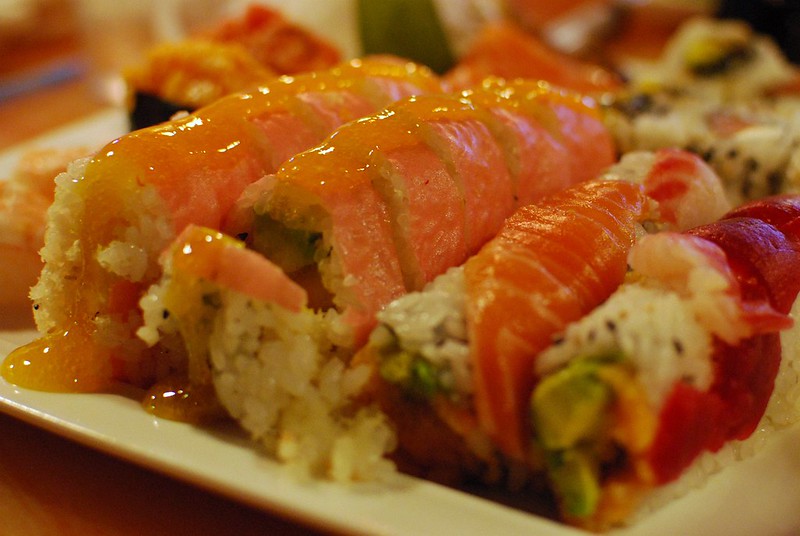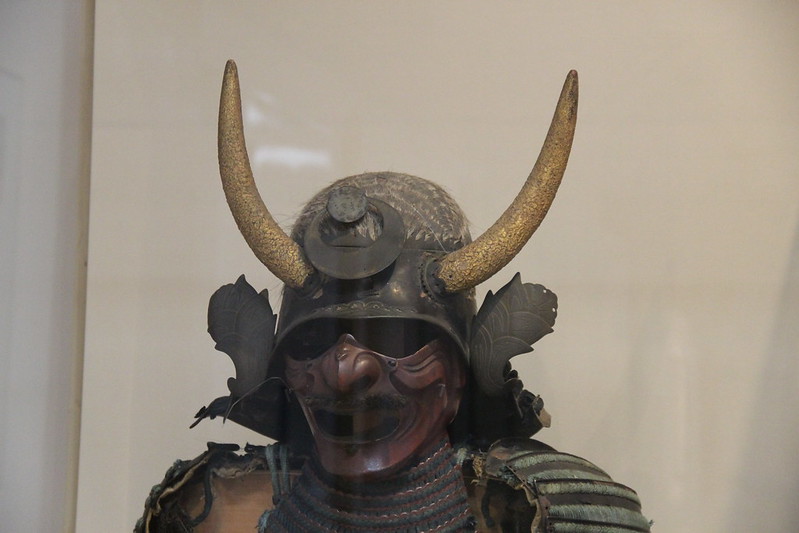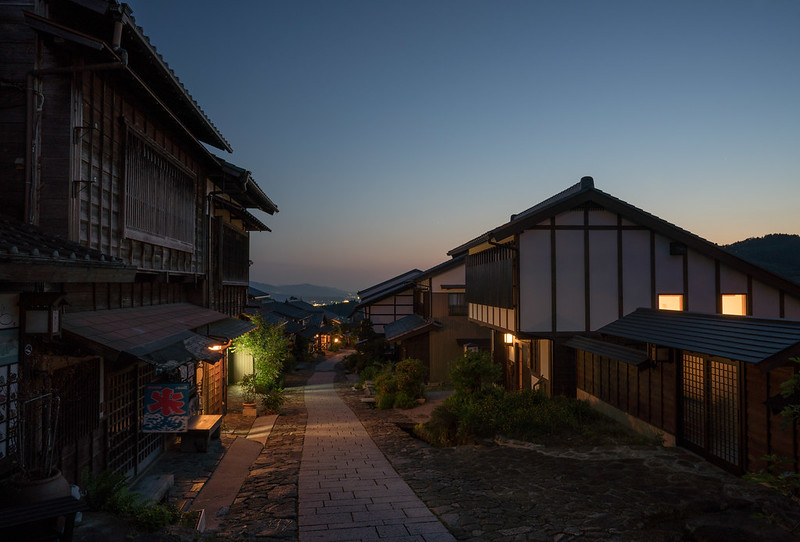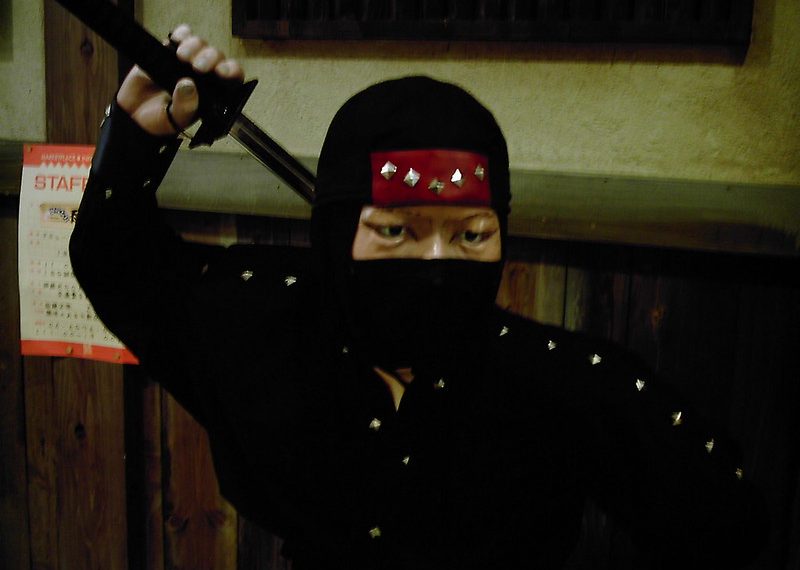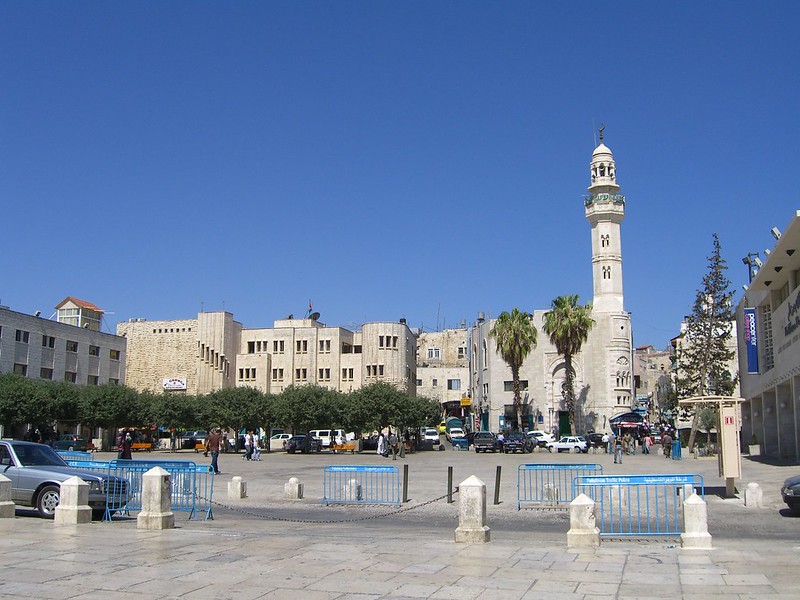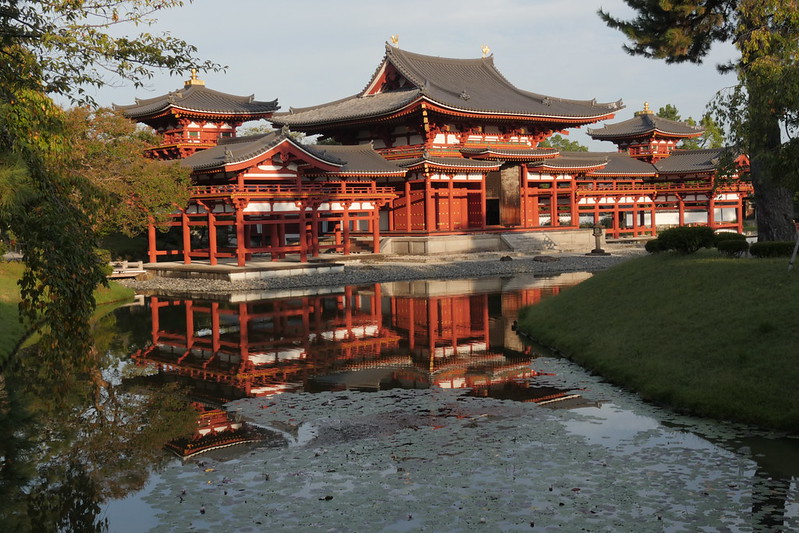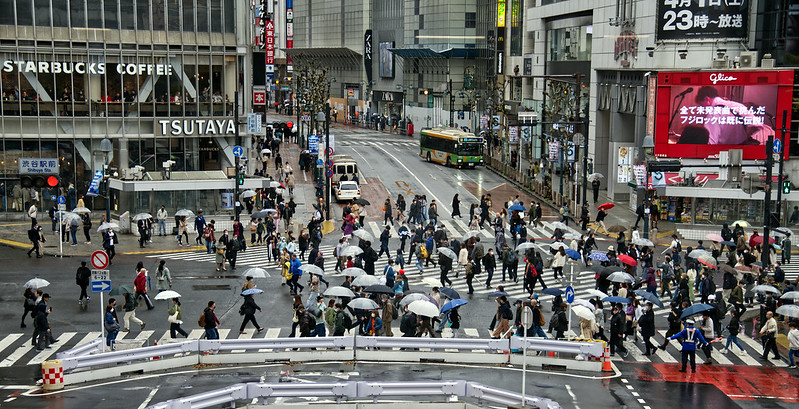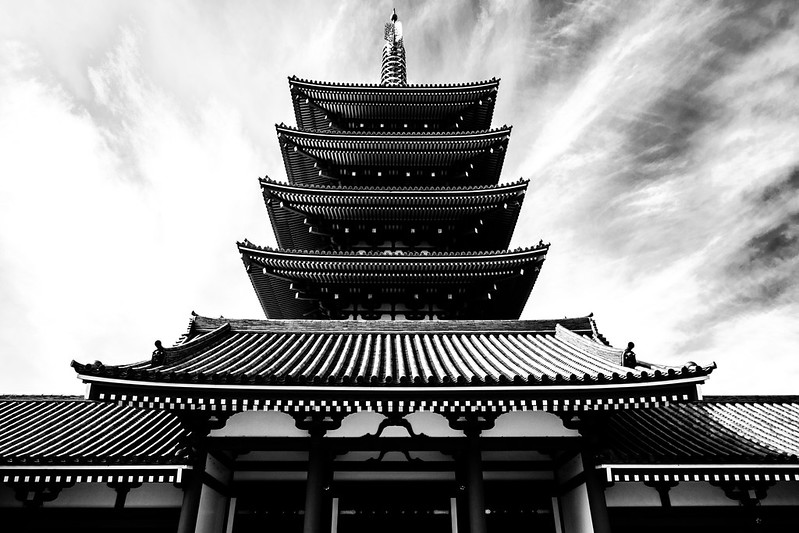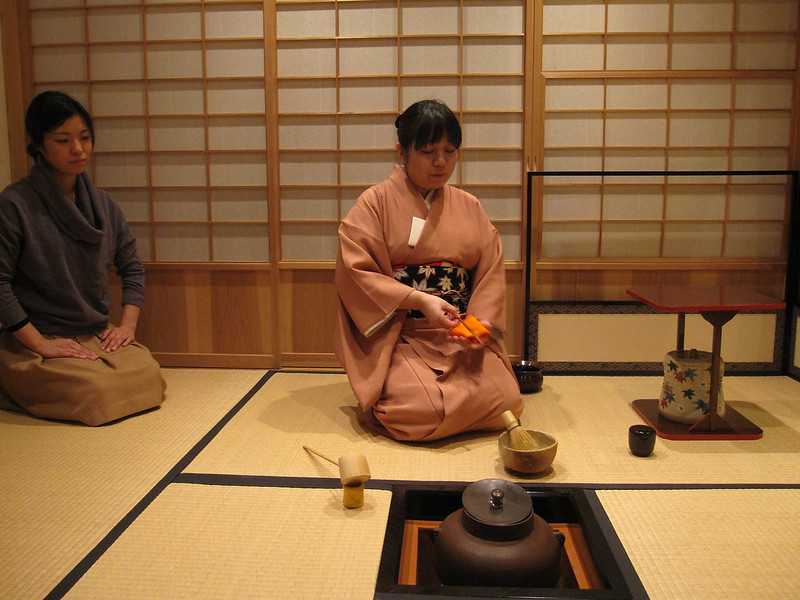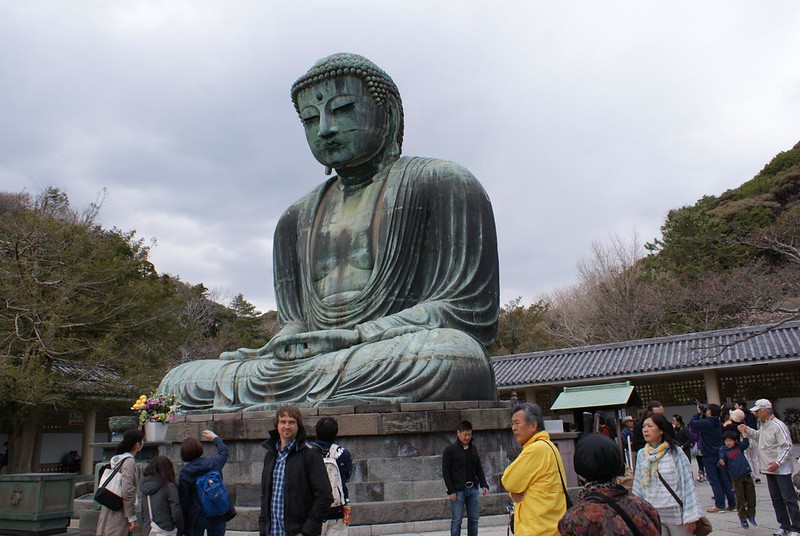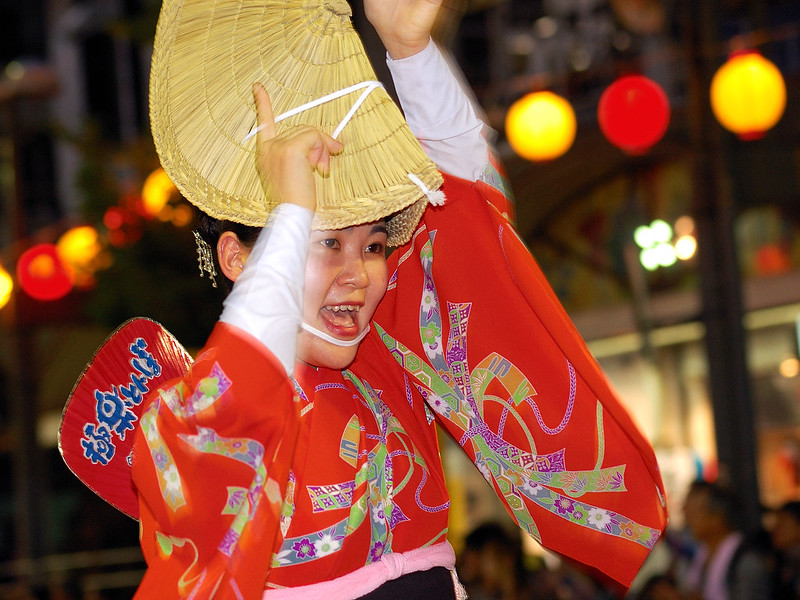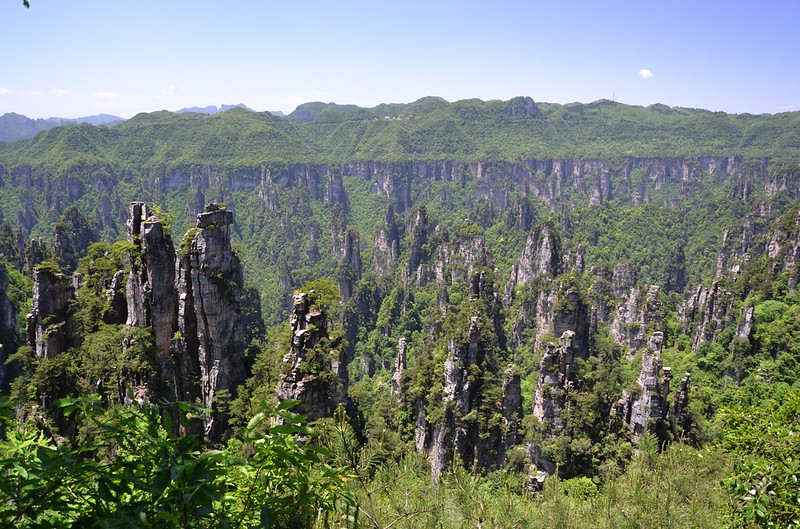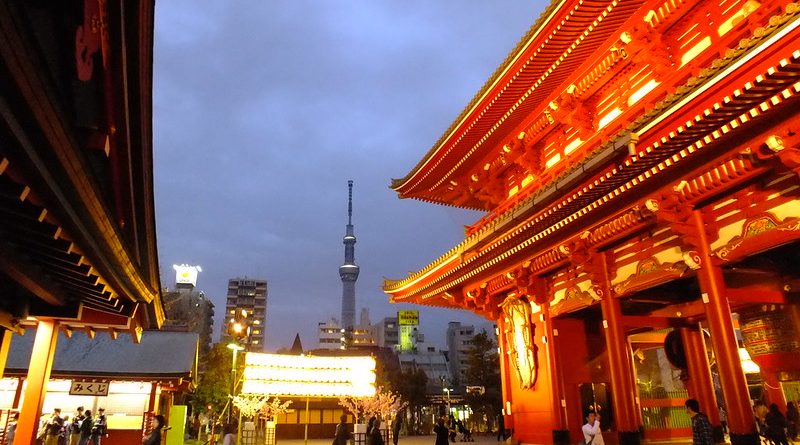
Japan
Japan is made up of over 3000 islands along the Pacific Ring of Fire. Here you can experience the natural extremes of typhoons, earthquakes, volcanic eruptions and tsunamis, within mesmerizing scenes of snow-capped mountains, deep lakes and lush greenery. The added bonus? Japan also offers the most visually stunning and serene golf landscapes in the world.
Japan is a land of extremities, blending old traditions with visions of the future, often side-by-side. The enigma of Japanese culture, traditions and manners is often the polar opposite of Western behavior – which can confuse the humble westerner and lead to many “Lost in Translation” moments.
Blend with the crowds among the futuristic, efficient and sanitized worlds of Tokyo and Osaka; scale the majestic heights of Mt Fuji; take in an ancient tea ceremony or kabuki theatre show; or just enjoy the rural tranquility the countryside offers. From ancient Shinto shrines to futuristic skyscrapers, from sumo wrestling to sushi, Japan will peel back your eyelids and astound you.
Read More
The local currency is the Yen. $1 = 99 JPY For up to date currency information, check the Currency Converter. Tokyo is one of the most expensive places on Earth and the cities are much more costly than rural areas. However, the shoestring traveller can happily live on a diet of youth hostels and country inns, filling up in cheap noodle shops along the way – though it will still set you back around $100 a day. If you have money to burn, expect to pay at least $200 a day. The cheapest accommodation in Japan is the youth hostel, though you can vary your trip by staying at a ryokan (Japanese-style inn) and also at one of the many shukubo (temple lodgings). Japan has a population of around 126 Million – the eighth largest in the world. The country is presently in population decline due to its low birthrates, yet urban areas are so tightly packed that many have merged into huge sprawling cities. This is an advantage if you want to enjoy the peace and quiet of rural Japan, which is largely empty. Japan is amazingly homogeneous, with only a 1% foreign population largely consisting of Koreans, Chinese and South-east Asians. Shinto and Buddhism are the major religions in Japan, with Christianity the chosen faith for only a small minority of one million people. Air travel into Japan is easy – there are many airports on the islands served by regular flights from throughout the world. Air travel is especially convenient for flying from the main islands to any smaller one. Expect to pay around $1,500 US for a year return ticket with a good airline. National carriers offer some decent discounts for those flying to different destinations in the country, including a women’s group discount. In Japan, the transport network is extremely well organized, so much so that people are used to schedules requiring split second timing. Rail travel is fast, extremely efficient, clean, comfortable and very expensive. Services range from local lines to the famous super-fast ‘bullet’ trains – travelling up to 180 miles an hour. You can purchase an unlimited Japan rail pass. This lets you use any JR service for up to 21 days, and can only be purchased outside of Japan. Night service buses are becoming increasingly popular due to their cost, spaciousness and the fact that travelers can save in a night of accommodation. There is more to Japanese cuisine than sushi, tempura and sukiyaki, and there are plenty of opportunities to sample varied and delicious fresh foods in Japan, though also unfortunately, there is a lot of junk food! Try some delicious char-grilled food at a robatayaki restaurant, or do it yourself in one of the many restaurants found throughout the country. For a quick snack there’s always a stop at one of the yataki food stalls, and a shot of rice saki helps it go down very smoothly. For those who are brave enough and wealthy enough, you can always try deadly fugu (pufferfish) – just don’t be surprised if you are offered it first! Japanese is the main language of the country. Japanese children learn English for three years, but don’t expect fluency. English will be spoken by some for business in the cities but rurally you will need a guide or understanding of the language. The combination of Japan’s mountainous territory and the length of it’s archipelago makes for a complex climate. There are big differences between the north – which has short summers, long winters and heavy snowfalls – and the south, which can enjoy a subtropical climate. In the early part of the summer there is a rainy season lasting a few weeks (June) that starts in the south and gradually works its way northwards. Late summer can bring typhoons and torrential rains that can devastate coastal regions. Spring (March – May) and autumn are the best times to visit Japan, when the weather is mild and the cherry blossoms are in bloom. The downside is that it is holiday time for the Japanese, so everywhere will suffer from overcrowding. September to November is a beautiful time to see the changing leaves. Due to the variable climate in Japan, if you are travelling distances you should pack for all weather. An umbrella and waterproof jacket is also vital during your stay. T- shirts and shorts are good for the summer heat. If you are planning on staying a long time and have large feet be warned – you won’t be able to buy new shoes while out in Japan, so make sure you either take several pairs, or buy ones that will last. Likewise bring lots of clean socks, as Japanese custom requires you to remove your shoes before entering houses. It is essential to ensure that your passport is up to date before you plan your trip. Tourist and business visitors are not required to obtain a visa if they are staying in Japan for less than 90 days. Stays of up to 6 months are permitted for citizens of Austria, Germany, Ireland, Mexico, Switzerland and the UK. Stays of up to 3 months are permitted for citizens of Argentina, Belgium, Canada, Denmark, Finland, France, Iceland, Israel, Sweden, America and other countries. Visitors from Australia and South Africa are among those nationals requiring a visa valid for 90 days. Working holiday visas are easier to obtain then regular visas, and are available to persons age 18-30 from Australia, Canada and New Zealand. This allows a six- month stay and two six-month extensions. Make sure you obtain a letter of employment from Japan before you arrive in the country. If you plan to stay in Japan for more than 90 days you must obtain an Alien Registration card.Currency
£1 GBP = 133 Yen
€1 EURO = 158 YenPeople
Travel
Food
Language
Climate
Dress
Visas

